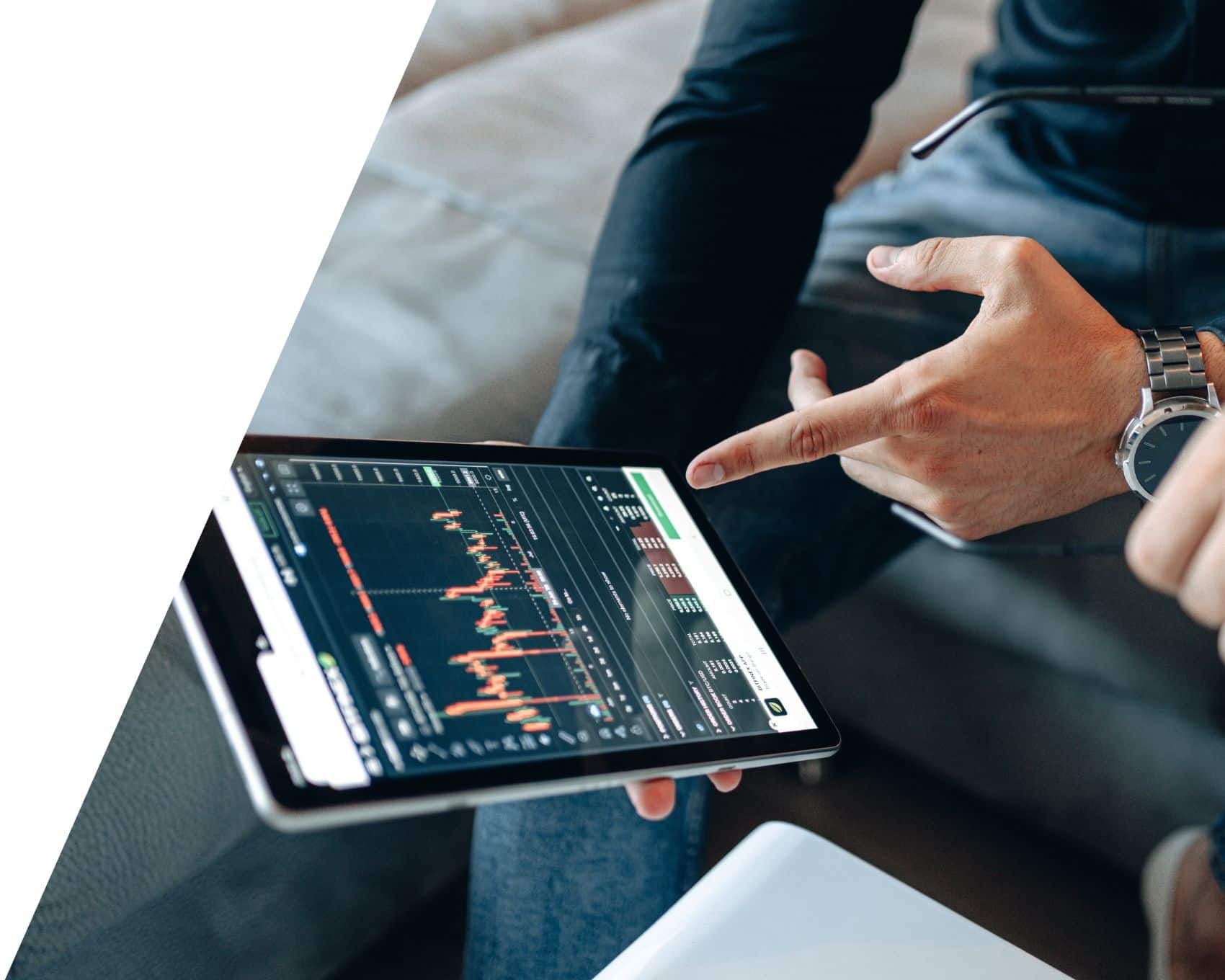The crypto accountant
Maximise your gains.
Minimise your tax.
Jump to:



Accounting & tax advice
that keeps up with crypto
Trading in innovation, timing the buys and sells, tracking your gains and losses across multiple currencies and wallets – cryptocurrency is exciting. But it can also get complicated, very quickly.
As trading in crypto (and other digital assets like NFTs) becomes more common so too does the regulation. To avoid problems with the ATO it’s important that you have clear structures in place to track movements, returns, losses and manage your tax obligations.
The team at creditte are crypto tax specialists and can help minimise your tax while giving you the structures to maximise your wealth.
We know crypto accounting
The team at creditte follow the changing Australian crypto tax laws closely.
Depending on your investment behaviour you could be liable for capital gains tax and / or income tax. As your crypto tax accountant we help you allocate crypto gains or losses on your tax return accurately.
- Individual tax returns
- SMSF accounts and tax returns
- Categorising transactions
- Generating relevant reports
- Recommended structures for long-term wealth creation
We integrate leading innovative technology at the core of our accounting services so that we can collaborate with you across all areas of your portfolio. You can trust the creditte team to be by your side to help you make informed decisions, improve your tax strategy and achieve the best outcome.


Why choose us as your crypto accountant
EXCELLENT


Crypto tax calculator
When it comes to tax season, crypto can be real headache, especially if you’ve traded different assets, across different platforms and wallets throughout the year, without keeping clear records.
Through our relationship with Crypto Tax Calculator we’re able to accurately calculate any tax that may (or may not) be due without you having to dig through all your trades.
Book a free consultation with us and let us take care all of your cryptocurrency tax issues.
Ready to maximise your gains and minimise your tax?
Send through the contact form and we’ll get back to you within 24 hours for a chat. Or reach us here:
Contact us
Frequently asked questions
Do you pay tax on crypto?
Yes you do pay tax on crypto. If you buy, sell or invest in cryptocurrency, you need to be aware of your tax responsibilities. Your tax responsibilities vary depending on your circumstances, but you need to keep records for all cryptocurrency transactions. We recommend using an app like CryptoTaxCalculator to help.
How much tax do I pay on crypto?
How much tax you pay on crypto depends on whether you are categorised as a crypto investor or trader. Investors are most commonly subject to Capital Gains Tax (CGT), while traders are typically carrying on a business or profit-making activity that derives Ordinary Income. This is also largely dependent on the structure you have used to invest in cryptocurrency.
Am I a cryptocurrency trader or cryptocurrency investor?
Cryptocurrency investors typically buy, sell, or swap crypto assets for fiat currency or another crypto-asset to hold the asset for long term capital growth. A cryptocurrency trader intends to buy and sell crypto for short-term profits.
Traders will have a strategy for buying or selling, planning their trading activities, keeping extensive records, and trading repeatedly and in volume. They may also have registered a business, hired office space, paid for professional research and analysis, and kept extensive and well-maintained records if an ATO review will be conducted into their activities.
When does capital gains tax apply, and how do I calculate it?
Capital Gains Tax (CGT) occurs when you dispose of cryptocurrency. According to the ATO, this could be by the following common events:
- Trading or exchanging, most typically in the form of disposal of one cryptocurrency for another
- Converting cryptocurrency to fiat currency, such as the Australian dollar
- Using cryptocurrency to purchase goods or services
- Selling or gifting cryptocurrency
Am I taxed on staking or Airdrops?
Any income earned from Staking or Airdrops will not constitute a Capital Gains event. Instead, the ATO considers additional tokens received from these processes to be income. They are taxed according to your income bracket.
Accounting and business advisory
emails that aren't "spammy"
Sign up here to only receive relevant advice for you and your business.
